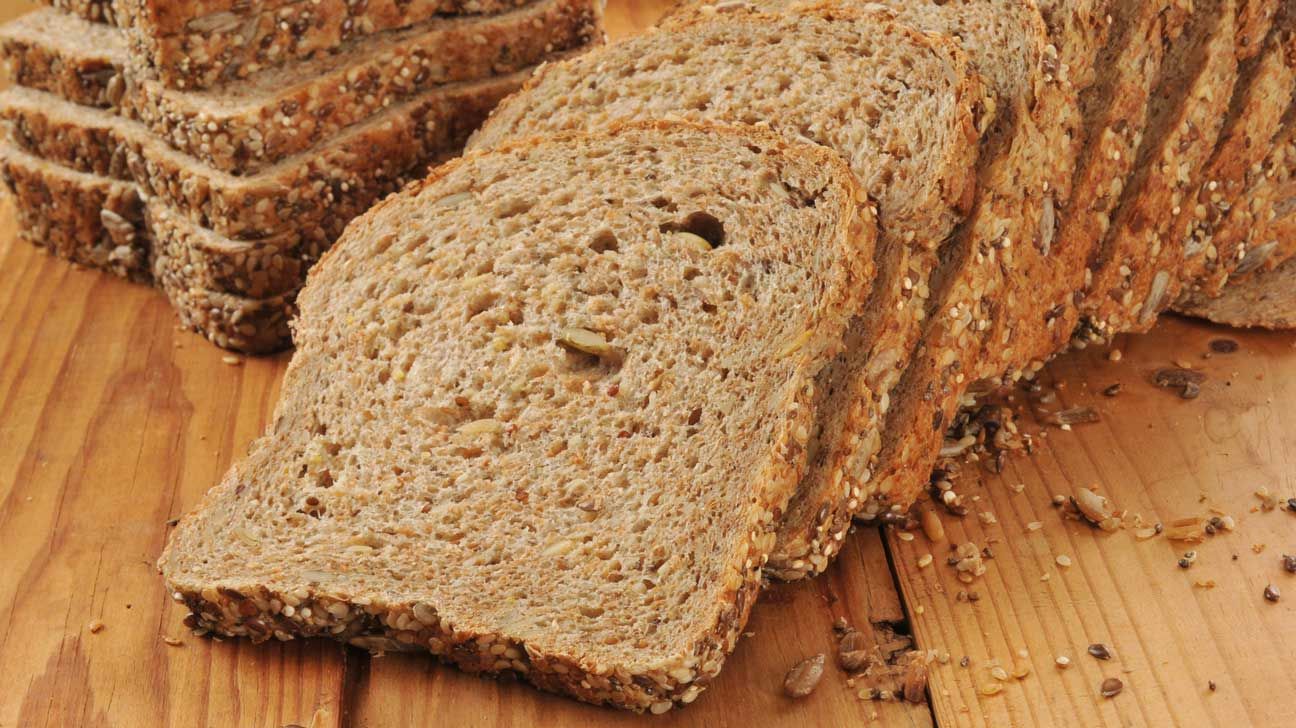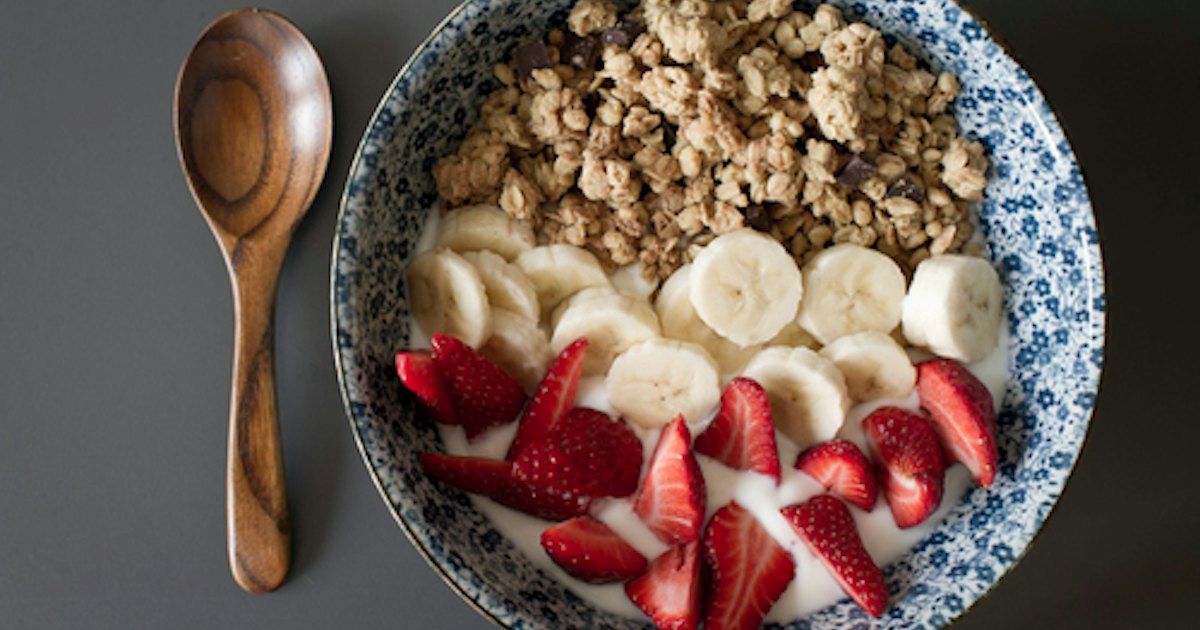Understanding Blood Type AB
If you have blood type AB, you have a unique genetic makeup that combines some characteristics of blood type A and blood type B. This means that your body may have different nutritional needs compared to individuals with other blood types. Understanding how to eat for blood type AB can help you make informed choices about your diet and potentially improve your overall health.
General Dietary Guidelines for Blood Type AB
When it comes to eating for blood type AB, it’s important to focus on a balanced diet that includes a variety of foods. Here are some general dietary guidelines to keep in mind:
- Include a mix of protein, carbohydrates, and fats in your meals
- Eat a variety of fruits and vegetables
- Avoid processed and artificial foods
- Stay hydrated by drinking plenty of water
Protein Sources for Blood Type AB
For individuals with blood type AB, incorporating the right protein sources into their diet is crucial. Some recommended protein sources for blood type AB include:
- Seafood such as salmon, trout, and mackerel
- Tofu and tempeh
- Dairy products like yogurt and kefir
Carbohydrates and Fats for Blood Type AB
When it comes to carbohydrates and fats, individuals with blood type AB can benefit from consuming:
- Whole grains like quinoa and buckwheat
- Healthy fats from sources like olive oil and avocados
- Legumes such as lentils and black beans
Foods to Limit or Avoid
While there are many foods that can benefit individuals with blood type AB, there are also some foods that should be limited or avoided. These may include:
- Processed meats and cheeses
- Highly processed and sugary foods
- Certain legumes and grains that may not be well-tolerated
Personalized Approach to Eating
It’s important to remember that everyone’s body is different, and individual responses to specific foods can vary. While general guidelines can be helpful, it’s also beneficial for individuals with blood type AB to pay attention to how their body reacts to different foods and make adjustments accordingly. Keeping a food diary and noting any symptoms or changes in energy levels can provide valuable insight into which foods work best for you.
Consulting with a Healthcare Professional
If you’re considering making significant changes to your diet based on your blood type, it’s a good idea to consult with a healthcare professional or a registered dietitian. They can provide personalized guidance and ensure that you’re meeting your nutritional needs while following a diet that aligns with your blood type.
By understanding how to eat for blood type AB and making informed choices about your diet, you can take proactive steps towards supporting your overall health and well-being.











